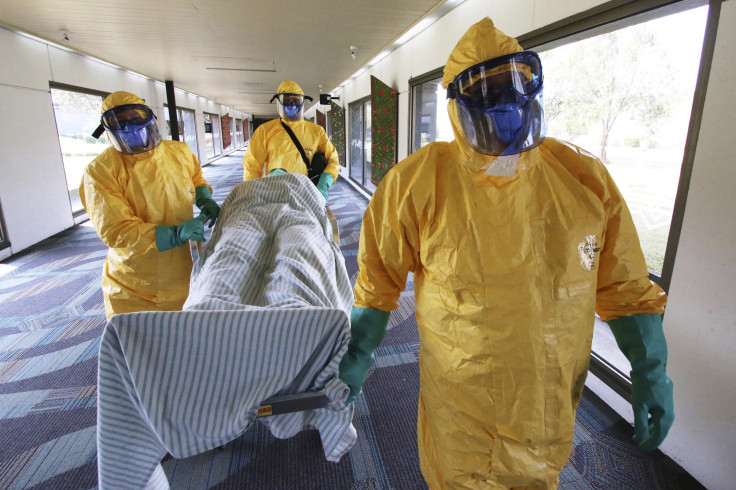Researchers find first antibody effective for vaccine against MERS

Researchers isolated the protein that could help prevent and treat the deadly disease Middle East Respiratory Syndrome coronavirus, or Mers-CoV, by extracting an antibody from the immune cells of a MERS virus survivor. The protein was injected to mice that targeted and neutralised the virus, causing Mers-CoV. It could possibly lead to treatment of severe Mers-CoV infections on humans.
An international team of researchers at the Institute for Research in Biomedicine, Università della Svizzera Italiana, in Switzerland, studied an antibody from a 49-year-old man in London infected with Mers-CoV for over 200 days who survived the disease in 2013. The antibody, called LCA60, was injected into mice before and after Mers-CoV infection which significantly reduced the virus count in the lungs of the subject.
The LCA60, described as “Mers-CoV–neutralising antibody,” prevented the severe effect of the infection by interfering with the binding process of Mers virus and its targeted cell in the body of the mice, according to the study published in the journal PNAS. The antibody noticeably weakened and reduced the amount of the Mers virus in the lungs of the subjects within days
The treatment showed that for every 100 viruses found at the beginning of the treatment, only one remained after three days in most mice. The virus became undetectable in the body of mice within five days of treatment. The study suggests the protein could be used to develop vaccines or treatments to protect people from the Mers-CoV.
At present, according to the World Health Organisation, or WHO, no vaccine or specific treatment for Mers-CoV is currently available to combat human infections around the globe. Scientists believe Mers-CoV have been transmitted to humans by infected camels; the virus causes severe respiratory disease with high death rates.
Since September 2012, a total of 1,374 laboratory-confirmed cases of infection with Mers-CoV and 490 related deaths from 26 affected countries were confirmed by the WHO. Saudi Arabia reported 12 new cases while the Republic of Korea has no additional cases in mid of July and maintains record of 186 cases, including 36 deaths, WHO reported.
Contact the writer at feedback@ibtimes.com.au




















